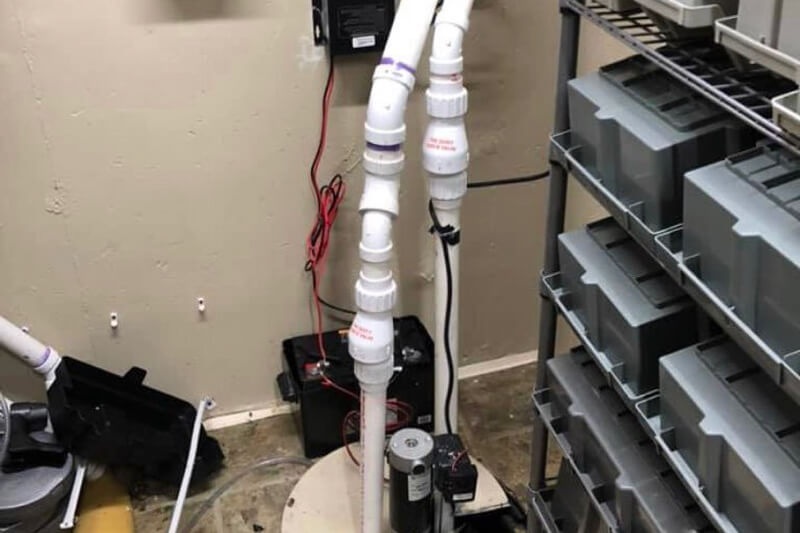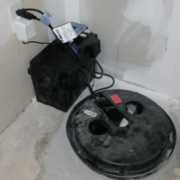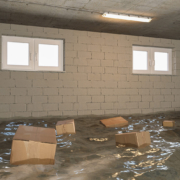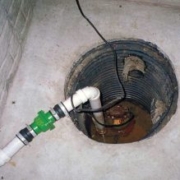How Does a Sump Pump Work In Marietta, GA
Sump pumps are relatively simple machines with a few essential components. The main components include:
Sump Pit: The sump pit is a basin or reservoir dug into the ground where water collects. It acts as a reservoir for the pump to draw water from.
Float Switch: The float switch is a buoyant device attached to the pump. As the water level in the sump pit rises, the float switch is lifted, triggering the pump to turn on.
Motor and Impeller: When the pump is activated, the motor drives the impeller, a fan-like blade that pushes water out of the pit.
Discharge Pipe: The discharge pipe is connected to the pump, carrying the water away from the pit and the foundation of the house, typically through a drain pipe.
Check Valve: A check valve is installed on the discharge pipe to prevent water from flowing back into the sump pit after the pump shuts off. This helps to prevent unnecessary cycling of the pump and prolongs its life.
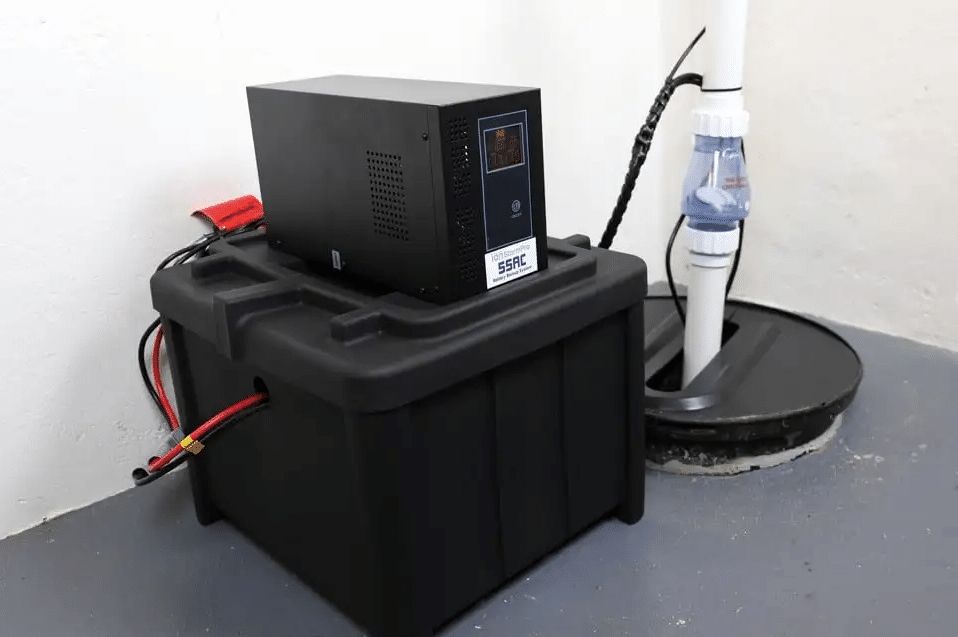
Types of Sump Pumps:
There are two main types of sump pumps: submersible and pedestal.
Submersible Sump Pumps: These pumps are designed to be submerged in the sump pit. They are more popular because they are quieter and less obtrusive. Being submerged also keeps the motor cool, extending the pump’s life.
Pedestal Sump Pumps: In contrast, pedestal sump pumps have the motor mounted on a pedestal above the sump pit. While they are easier to service and maintain, they tend to be noisier and have a shorter lifespan than submersible pumps.
The Importance of Having a Sump Pump:
Having a functional sump pump is essential for several reasons:
Preventing Basement Flooding: The most apparent benefit of a sump pump is its ability to prevent water from flooding your basement. It acts as a reliable barrier against water infiltration during heavy rain, snowmelt, or plumbing failures.
Mold and Mildew Prevention: By keeping your basement dry, a sump pump helps prevent the growth of mold and mildew, which can be hazardous to your health and cause damage to your home’s structure.
Protecting Belongings: Basements often house valuable possessions, such as family heirlooms, electronics, and important documents. A sump pump protects these items from water damage.
Home Value: Having a sump pump installed in your home can increase its value and appeal to potential buyers, especially in areas prone to flooding.
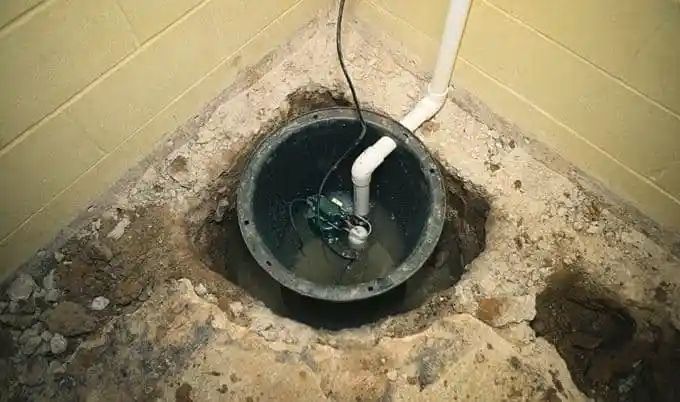
Maintaining Your Sump Pump:
To ensure your sump pump works when you need it most, regular maintenance is crucial. Here are some maintenance tips:
Check the Float Switch: Periodically check that the float switch moves freely and isn’t obstructed by debris.
Clean the Sump Pit: Remove any dirt, stones, orrepairing-cracked-foundations-atlanta-ga-everdry-basement-waterproofing-atlanta-1 debris that may have accumulated in the sump pit.
Test the Pump: Pour water into the sump pit to test the pump’s activation and make sure it pumps water out as expected.
Inspect the Discharge Pipe: Ensure the discharge pipe is free from clogs and directs water away from the foundation.
Backup Power Source: Consider installing a backup power source (e.g., battery-powered) to keep your sump pump running during power outages.
A sump pump is a vital investment to protect your basement from water damage and its associated problems. Whether you live in a flood-prone area or want to ensure your basement remains dry year-round, a sump pump is a reliable solution. Regular maintenance and selecting the appropriate type of sump pump for your needs will ensure it continues to be the unsung hero, preserving your home and giving you peace of mind.
Contact the Professionals at Everdry Basement Waterproofing Atlanta Today! (678) 741-2900
